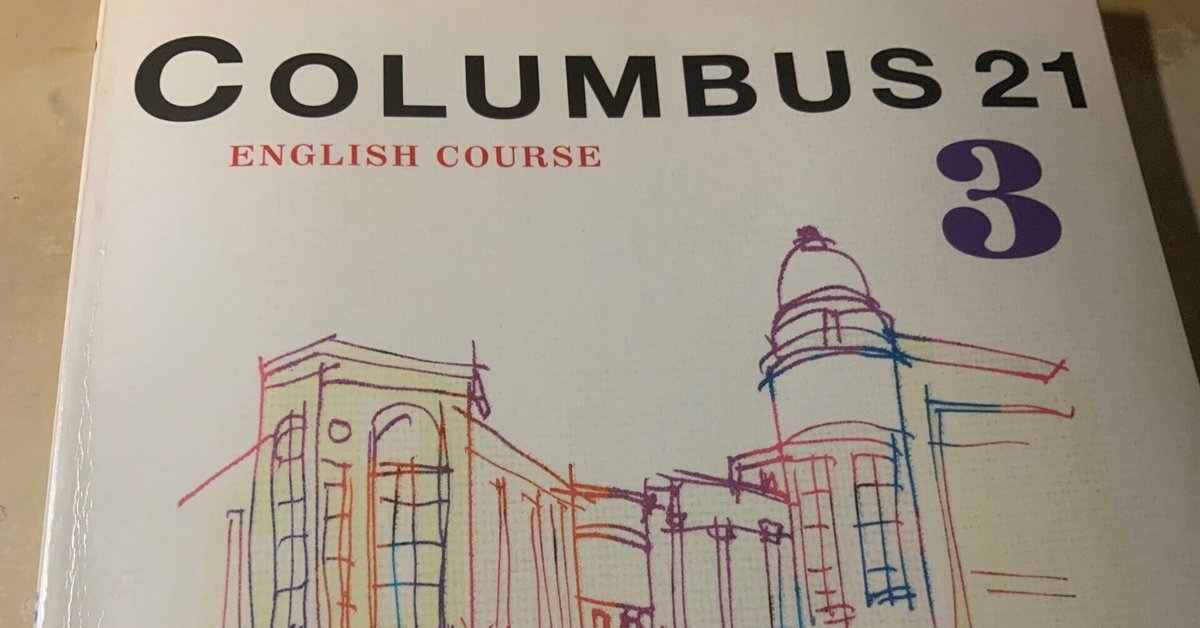
中学英語教科書長文を読む セバン・スズキ 伝説のスピーチChanging the World (Columbus 21-3)-2
In my country, we make so much waste. We buy and throw away, buy and throw away. And yet northern countries will not share the needy. Even when we have more than enough, we are afraid to lose some of our wealth, afraid to let go.
私たちの国では、私達はとても多くの無駄をします。私たちは買っては捨て、買っては捨てます。しかし北半球の人々は貧しい人々と分かち合おうとしません。私たちが充分過ぎるほど持っている時でさえ私たちは私たちの富を失うことを恐れ、手放すことを恐れています。
In Canada, we live a privileged life with plenty of food, water, and shelter. We have watches, bicycles, computers, and television sets— the list could go on for days.
カナダでは、私たちは恵まれた暮らしを送っています、たくさんの食料と水、そして住居を持っています。私たちは時計や自転車、コンピューター、そしてテレビを持っています。一覧表は何日も続くでしょう。
Two days ago here in Brazil, wa were shocked when we spent time with some children living on the streets. And this is what one child told us:
“I wish I was rich. And if I were, I would give all the street children food, clothes, medicine, shelter, and love and affection.”
二日前ここブラジルで、私たちはショックをうけました、私たちが時を過ごした時、路上で暮らす子供達と一緒に。そしてこれは1人の子供が私たちに言った事です。
「私がお金持ちだったらなあ。もしお金持ちだったら、全てのストリートチルドレンに食べもの、服、薬、家、そして愛と愛情をあげられるのに。」
If a child on the street who has nothing is willing to share, why are we who have everything still so greedy?
もし何も持っていない路上の子どこが、分かち合いたいのなら、どうして全てを持っている私たちがそんなに欲張りなのでしょうか。」
I can’t stop thinking that these children are my own age, and that it makes a tremendous difference where you are born. I could be one of those children living in the favellas of Rio, I could be a child starving in Somalia,a victim of war in the Middle East, or a beggar in India.
私は考える事を止めることができない、これらの子供達が私の歳だということを、ものすごい違いが生じることを、あなたが生まれた場所が。私はあれらの子供の1人だったかもしれない、リオの貧しい町に住む、ソマリアで飢えている子供だったかもしれない、あるいは中東戦争の犠牲者だったかもしれない、あるいはインドの乞食だったかもしれない。
I’m only a child, yet I know if all the money spent on war was spent on ending poverty and finding environmental answers, what a wonderful place this earth would be.
私はまだ子供です。しかし私は知っています、もし戦争に使われているお金が使われたら、貧困を終わらせることと環境問題の答えを見つけることに、この地球はどんなに素晴らしい場所になるだろう。
At school, even in kindergarten, you teach us how to behave in the world. You teach us:
not to fight with others
to work things out
to respect others
to clean up our mess
not to hurt other creatures
to share, not be greedy
Then why do you go out and do the things you tell us not to do?
学校で、幼稚園でさえ、あなた方は私たちに教えます、世界での行動の仕方を。あなた方は私達に教えます。
他人と争わ無いこと
物事を解決すること
人を敬うこと
散らかしたものを片付けること
他の生き物を傷つけないこと
分け与えること、欲張りにならないこと
では、なぜあなた方は出かけて行って、するのか、私たちにするなということを。
Do not forget why you are attending these conferences, who you are doing this for— we are your own children. You are deciding what kind of world we will grow up in.
忘れてはいけない、なぜあなたがこの会議に参加しているか、誰のためにこれをしているのかをー私達はあなた方自身の子供です。あなた方は決めている、どんな世界に私達は育つかを。
Parents should be able to confirm their children by saying, “ Everything’s going to be all right,” “ We’re doing the best we can,” and “ It’s not the end of the world.”
両親は彼らの子供達を慰さめることができるべきだ、次のように言うことで、「全て上手くいってるよ。」「私たちはできる限り最善を尽くしている。」そして、「世界の終わりじゃない。」
But I don’t think you can say that to us anymore.
Are we even on your list of priorities?
My dad always says,” You are what you do, not what you say.” Well, what you do makes me cry at night. You grown-ups say you love us. I challenge you. Please make your actions reflect your words.
Thank you for listening.
しかし、私は思わない、あなた方がそれをいうことができるとは、もう。
私達はあなた方の優先事項の一覧表にものっていないのですか。
私の父はいつも言う、「人は何をするかで決まる、何を言うかではなく。」
さて、あなたたがたのする事のせいで私は夜に泣きます。あなた方大人は私たちに愛してると言う。私はあなた方に要求します。どうか、自分の行動に自分の言葉を反映させて下さい。
